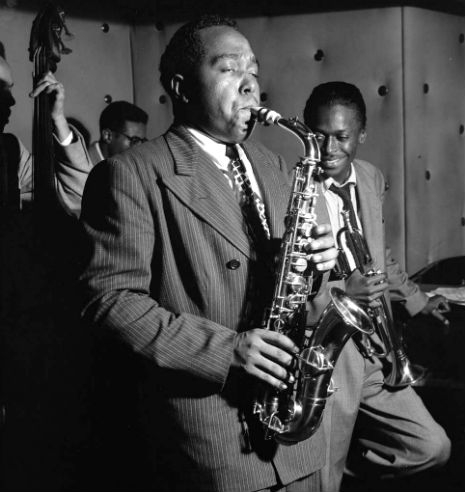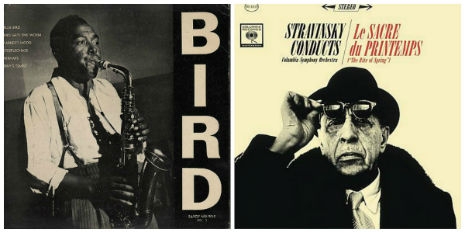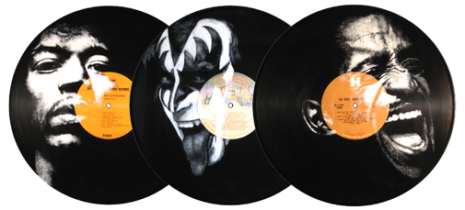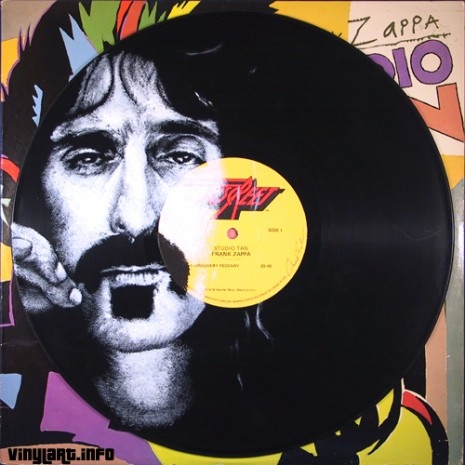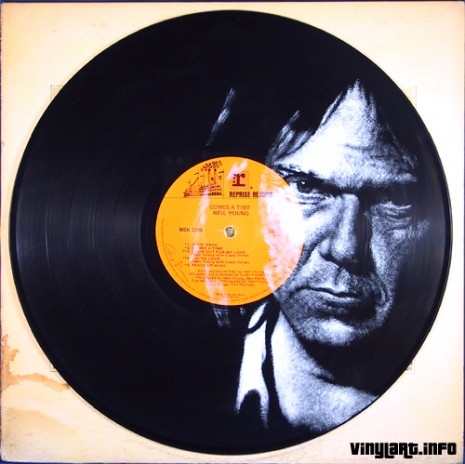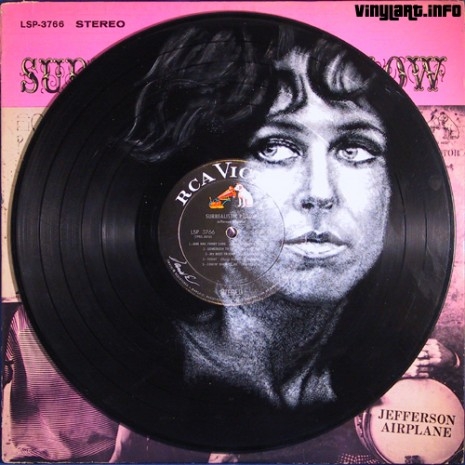_cr_copy_465_484_int.jpg)
In the liner notes for an upcoming Charlie Parker box set, jazz journalist Neil Tesser writes that one of Bird’s songs suggests a style of music that wouldn’t emerge for over a decade: “…the gravity-defying ‘Constellation,’ which, with its barely sketched melody and supersonic tempo, seems to anticipate the free-jazz energy solos of the 1960s.”
Charlie Parker is one of the most influential figures in jazz, though it’s safe to say that most don’t think of the alto saxophonist in relation to the avant-garde subgenre. While one can understand how his improvisational style generally inspired the foremost free jazz musicians, it’s another thing to come to that conclusion when listening to a particular Parker track.
“Constellation” was recorded by Parker’s quintet in 1948 and released on a single by Savoy Records. Written by Bird and credited to Charlie Parker’s All Stars, the group included a young Miles Davis. On “Constellation,” Parker’s soloing frequently sounds frantic and, at times, delightfully skronky—just like the best free jazz does.
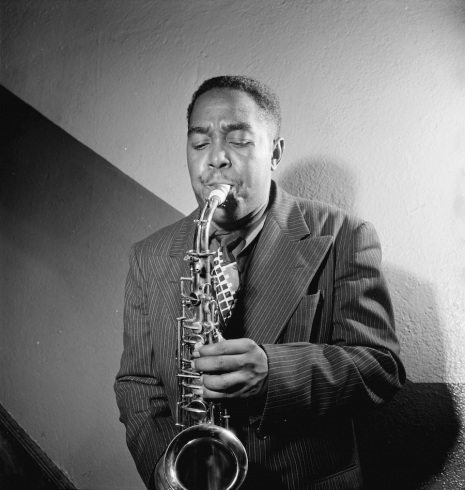
Dangerous Minds has the premiere of the fantastic, freshly remastered “Constellation” from The Savoy 10-inch LP Collection:
In the early 1950s, Savoy placed “Constellation” and the other revolutionary bebop tracks Charlie Parker recorded for the label from 1944-48 on a succession of 10-inch LPs. The audio and artwork for the four records in the New Sounds in Modern Music series have been restored for The Savoy 10-inch LP Collection box, which also includes a booklet with photos and Neil Tesser’s insightful notes.
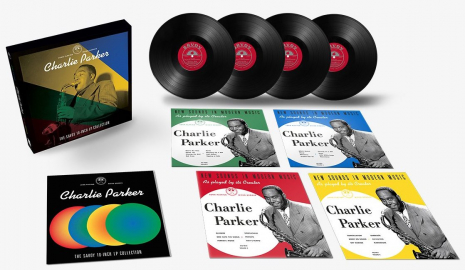
The Savoy 10-inch LP Collection will be released February 28th by Craft Recordings on vinyl and digital formats. Pre-order the set here or head directly to Amazon.
_cr_copy_465_489_int.jpg)
Pianist Hal Galper and his quintet covered “Constellation” on the 1999 album, Let’s Call This That, and their full-on free jazz interpretation of Bird’s groundbreaking piece is both logical and highly satisfying.






